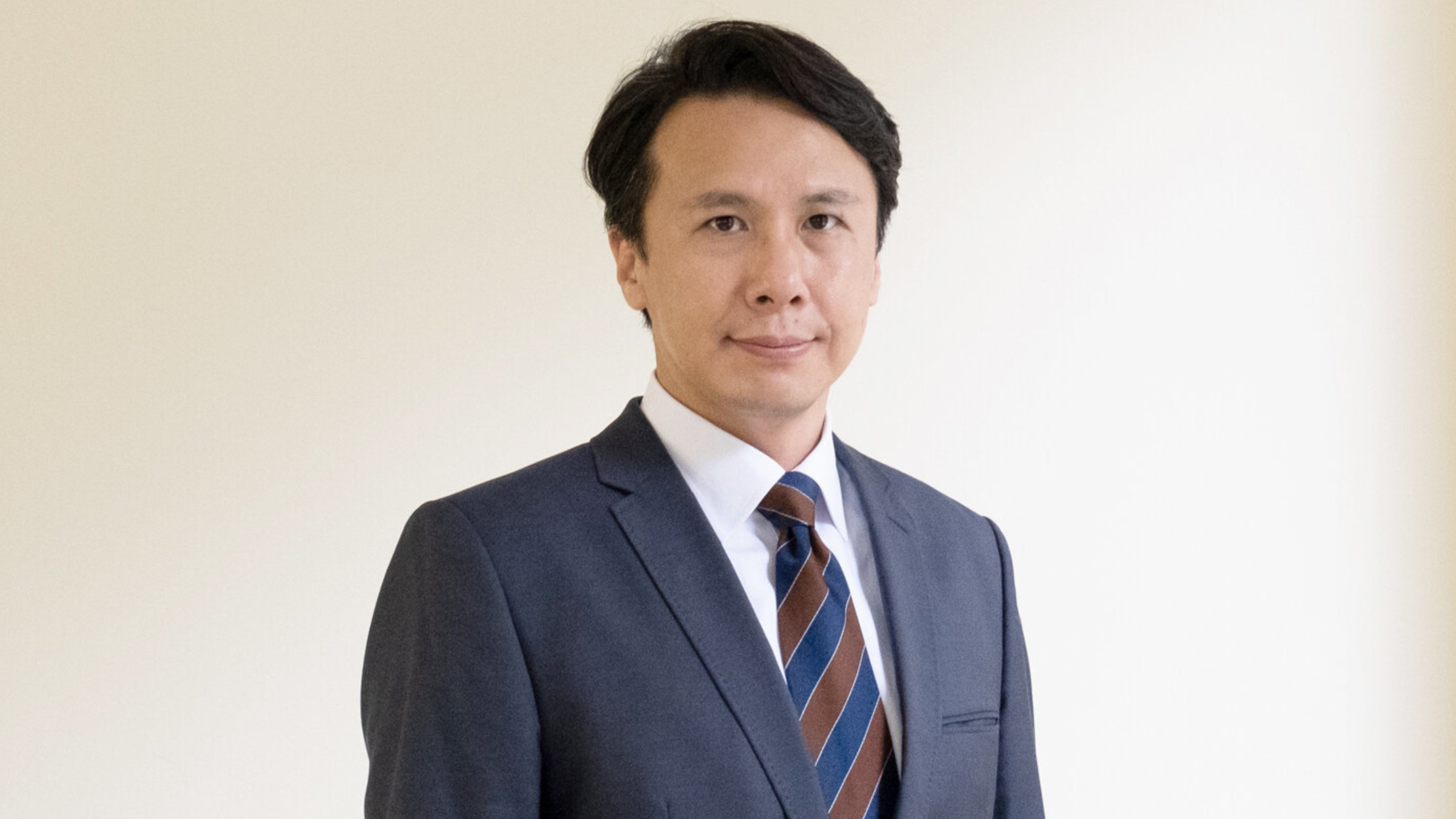
Rick Tsai, LUCA Science CEO
Aiming to harness the power of mitochondria, a Japanese startup nets new funding
One of the basic lessons in science class is that mitochondria act as the powerhouse of the cell. But LUCA Science, a Japanese biotech, is …
Sign up to read this article for free.
Get free access to a limited number of articles, plus choose newsletters to get straight to your inbox.